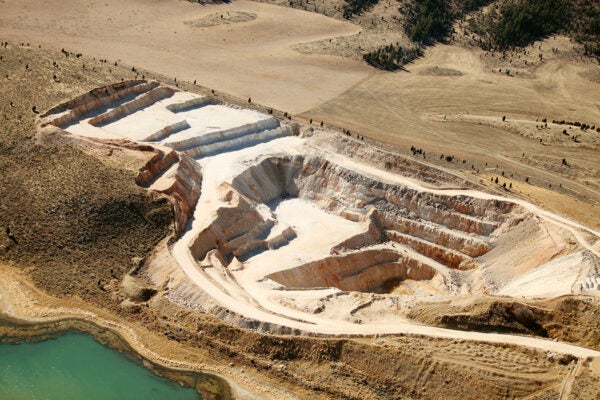Mexico, 1910: An Influential Sneeze or a Home-Grown Revolution?
Historians are rethinking the claim that the Panic of 1907 in the United States helped spark the Mexican Revolution.
Transplanting Nutmeg
Nutmeg originated in the Maluku islands of what’s now Indonesia, but Barbados became known as the Nutmeg Island. Why did the tree wander?
Mendez v. Westminster and Mexican American Desegregation
International relations and foreign influence helped end legal segregation of Mexican American students in California after World War II.
Actual American Rattlesnakes
Historians are recovering the overlooked history of North America’s Crotalus horridus, the timber rattlesnake.
Whatever Happened to London’s “Little America”?
Since the time of John Adams, the first US Ambassador to the Court of St. James, Grosvenor Square has been the locus of the American government in Britain.
Take Me Out to the Class Game: Social Stratification in the Stadium
The private boxes for the privileged few in today’s baseball stadiums are nothing new.
The Shah, Our Man in Tehran?
Playing up the threat of the communist incursions, the Shah of Iran gained more and more support—financial and political—from the United States.
Putting a Cork in It: In Construction, That Is
The bark of the evergreen oak Quercus suber has been used for millennia as a construction material. Could it be our answer to sustainable buildings?
US–Iran Relations: 1953
What really happened in Iran back in the day, and what did the United States have to do with it?
The Rise and Fall of the Equestrian Cultures of the Plains
The introduction of the horse to North America by the Spanish transformed the lives of the Indigenous peoples of the Plains in decidedly mixed ways.
Copenhagen: Bike City from Back in the Day
How did Copenhagen become a “city of cyclists,” where a third of all journeys are by bicycle?
Exporting the Convict Clause: Slaves of the State in the Canal Zone
The criminalization of Blackness enabled by the Thirteenth Amendment brought chain gangs to the construction projects of the Panama Canal Zone.
Life According to Phosphorus
Phosphorus is essential for fertilizing high-yield agriculture. The US domestic supply, restricted to Florida, is expected to run out in a couple of decades.
Of Heights and Men
Given its strong gendered associations, it may be surprising that height hasn’t been well studied by historians.
Walking the Race Line on the Train Line
Investigators never reached a conclusion about the death of Pullman porter J. H. Wilkins, but his killing revealed much about the dangers of his profession.
The Ever-Lengthening History of Tobacco
People have been smoking in the Pacific Northwest for more than 4,500 years.
One Thousand Years of Domelessness
For more than 900 years, between the fifth century and the Renaissance, Romans didn’t cap their buildings with domes. Why?
Imperfect Memories of British Slavery
British abolition in 1833 was accompanied by £20 million paid in compensation to slaveholders, many of whom subsequently "forgot" slavery ever existed.
Thomas Jefferson: A Vote for Cutting Off Your Nose
To reduce Virginia’s use of the death penalty, Thomas Jefferson proposed using permanent disfigurement as a punishment for rape, polygamy, and sodomy.
Nuclear France’s Empire of the Bomb
The first French nuclear bomb test took place in the Sahara in 1960 in the midst of the Algerian War, but French history doesn’t connect the two events.
Autocratic Capitalism: An Introduction
Americans are taught that capitalism and democracy go together like motherhood and apple pie. It may be time to unlearn that lesson.
A Primer on Settler Colonialism
What is this “settler colonialism” that’s become all the rage? Let’s take a closer look.
Gray’s Music: Over the Telegraph
Inventor of the telephone Elisha Gray also pioneered the world’s first purpose-built electric musical instrument.
Smoke Gets in Your Eyes: Animal Sacrifice and the Greek Gods
The ritual of animal sacrifice in ancient Greece brought humans closer to the gods even as it defined their differences.
Putting the Red in Soviet Color Film
A Soviet alternative to Disney cartoon became a state ideal, but the three-color process behind Silly Symphony cartoons wasn’t easy to perfect.

























